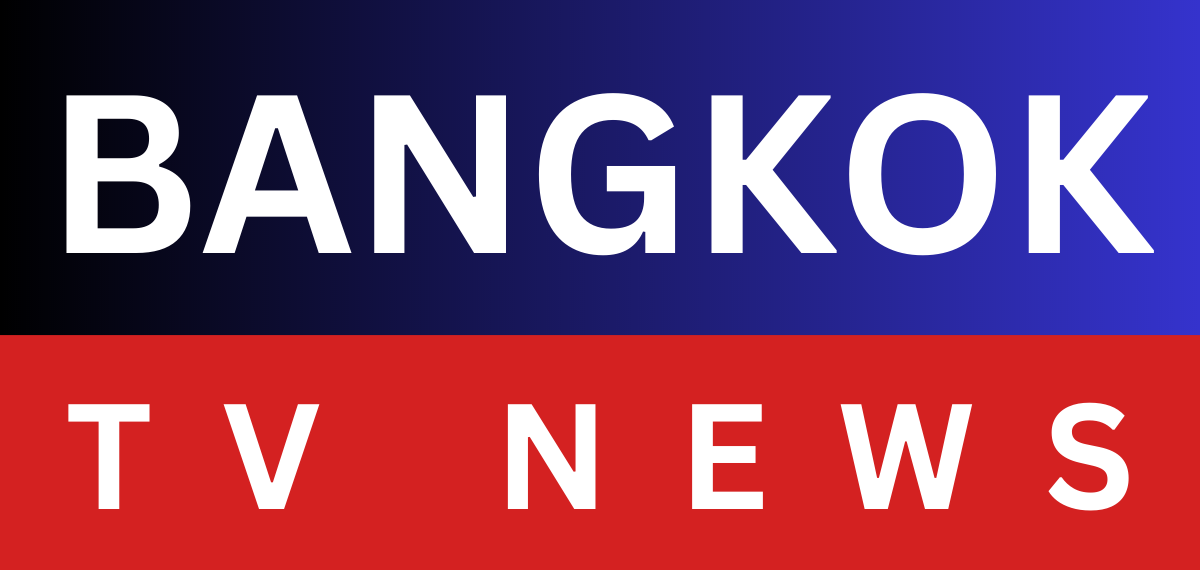As an AI system from British startup ManticAI makes headlines for beating humans in a forecasting competition, its co-founder is highlighting an unexpected benefit: its potential as an “antidote to groupthink.” The AI placed eighth in the Metaculus Cup, not by following the crowd, but often by strongly disagreeing with it.
The competition challenged participants to predict the outcomes of 60 diverse events over the summer, from political contests to public disputes between famous figures. ManticAI’s success in this environment suggests that its independent analytical process can yield highly accurate, non-obvious results. This stands in stark contrast to human behavior, where forecasters often cluster around a perceived consensus.
Toby Shevlane, co-founder of ManticAI, emphasized this point, stating that their system’s predictions were arguably “more original than most human entrants.” The AI’s ability to avoid the social and cognitive pressures that lead to herd mentality could make it an invaluable tool for organizations seeking to make more robust decisions. It achieves this by delegating tasks to a team of different AI models, each analyzing the problem from a unique perspective.
The AI’s performance, which saw it leap from a rank of around 300th last year into the top 10, has been described as “impressive” by the competition’s organizers. It has forced a conversation within the forecasting community about the unique strengths that AI brings to the table, beyond just processing speed. The ability to generate novel, data-driven hypotheses without human bias is a key advantage.
While the world’s top human forecasters are still considered the gold standard, particularly for their intuition and ability to handle sparse data, the potential for a powerful partnership is clear. The future of high-stakes prediction will likely involve human experts using AI as a sparring partner—a tool to challenge their assumptions and protect them from the pitfalls of their own cognitive biases.
BANGKOK TV NEWS is multi-platform news and information media broadcast company. Every year, we deliver world-class journalism to more than 10 million world’s most influential audiences in over 150 countries, who want to stay up-to-date with all that is happening in the world. Whether it’s News, Sports, Money, Politics, or Entertainment, we drive an imperative conversation every day on every platform.
© Copyright by BANGKOK TV NEWS (A Digital Media Brand owned by AMAZON MEDIA LLC).
- About Us
- Our Team
- Our Mission
- Our Values
- Our Impact
- Chairman’s Words
- Share A Tip
- Careers
- Advertise
- Awards
- Media Solutions
- Journalism Standards
- Social Responsibility
- Editorial Policy
- Privacy Policy
- Terms of Service
- Community Rules & Guidelines
- Code of Ethics
- Editorial Complaints
- Newsletters
- Acquisition
- Investor Relations
- Licensing
- Contact Us

